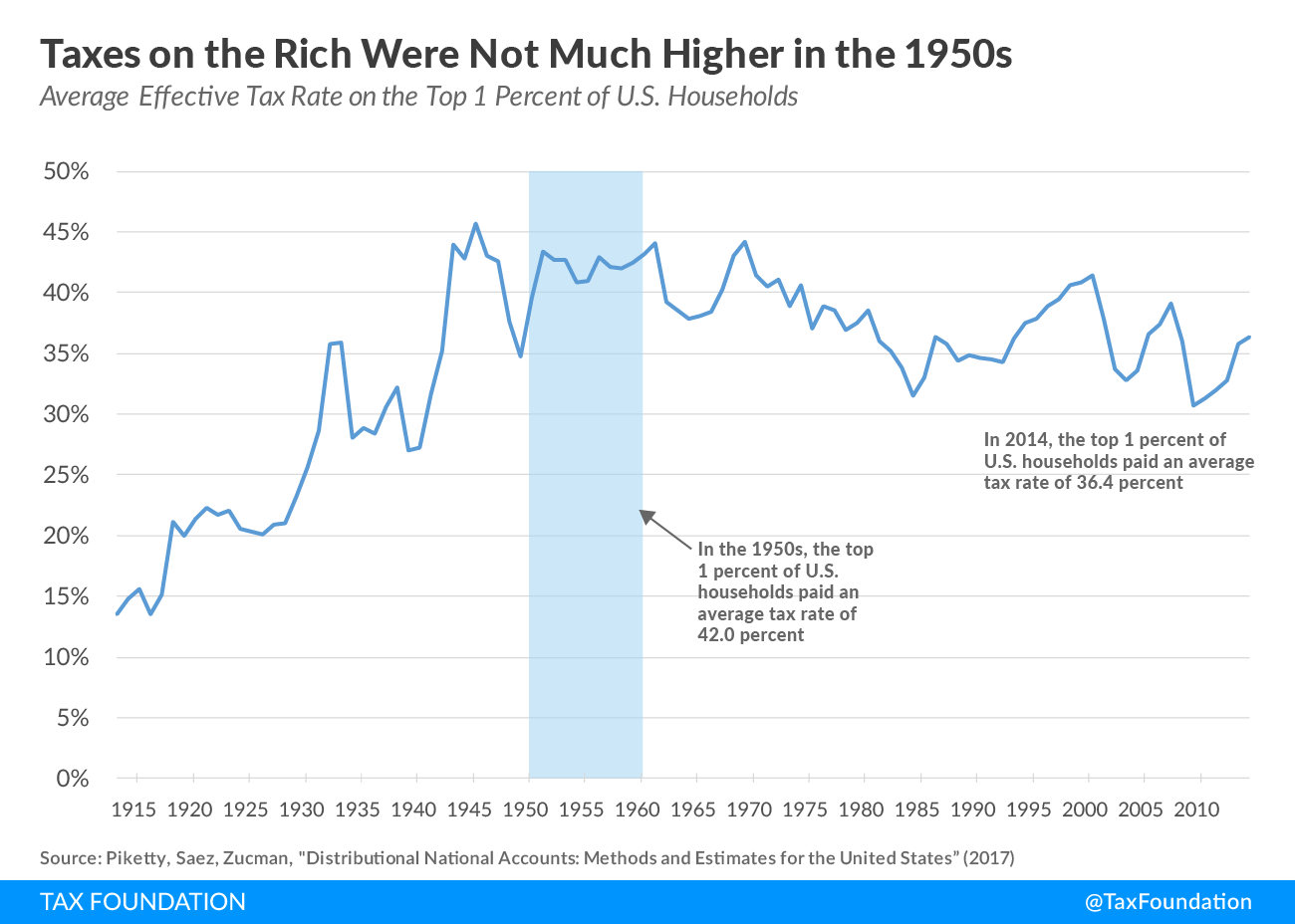Sunset
Give me a museum and I'll fill it. (Picasso) Give me a forum ...
...
Regarding taxes, I am concerned about the increasing budget deficit. If there were a way to bring the annual deficit to zero, such as higher taxes, I would support and participate in that. I'm concerned our federal government will take higher taxes and instead see them as a way to further increase spending. Democracy is a relatively new form of government, and we may be seeing its weakness. As others have said, Democracy fails when voters can be bribed with their own money.
This is what our State IL has done recently, and now is increasing the income tax (attempting) which will end up (IMHO) allowing more spending instead of debt reduction. As evidenced by the new taxes they created, and before even collecting it, increased their spending.



